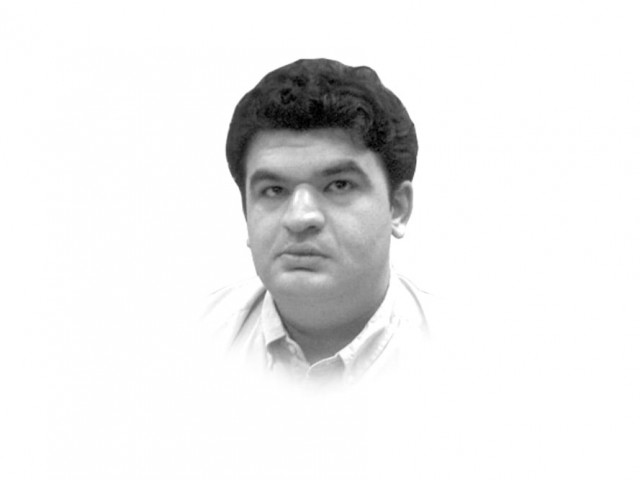The value of second thoughts
Ijaz was seen as such a potent threat to the future of democracy that he had to be discredited, than be heard again.

Take, for example, how Mansoor Ijaz’s column in The Financial Times was instantly dismissed as the delusional ramblings of a notorious self-promoter whose desire for self-aggrandisement topped any honesty he may have possessed. Knowing what he knew about the man and his tendency to place himself squarely at the centre of historic events, it seemed rational to discount what he had to say. We may not know yet exactly how true his claims were, but given that most had rubbished even his account of having talked to Husain Haqqani about a possible coup, it turned out that this was a man who deserved a second hearing.
And yet, so strong is the urge to cling to our first thoughts about a person, that even now his critics use every little bit of information about Ijaz that emerges to try and further discredit him. He appeared in a music video surrounded by half-naked women wrestlers? Well, that doesn’t mean he’s a liar; simply that his blood is as red as any other man’s.
Why is Ijaz hated with so much vitriol? The answer lies partly in the fact that he has hardly been the most sympathetic figure around but it has even more to do with ideology. Here was a man seen as such a potent threat to the future of democracy in the country that he had to be discredited, even though none of us actually know what transpired between him and Haqqani. Suddenly one saw the strange sight of journalists, whose very job is to uncover information that is not in the public domain, criticising Ijaz for opening his trap in the first place. Mocking him for his delusions of grandeur is similarly refusing to take subsequent facts into account as we now know that he had access to relatively high-level officials from both the Pakistan and US government.
On the flip side, Aitzaz Ahsan, thanks to his heroics during the lawyers’ movement, can do no wrong anymore. If he says the prime minister correctly refused to ask the Swiss authorities to reopen the case that had been closed thanks to the National Reconciliation Ordinance (NRO), well, then that must be the gospel truth. Aitzaz has a duty to use the best possible defence for his client, but that doesn’t mean we should accept its legitimacy uncritically. The fact is that the Supreme Court has not yet ruled on the president’s immunity and reopening the Swiss case doesn’t necessarily mean stepping on the president’s constitutional protections. Now that the NRO has been declared illegal, the Supreme Court has every right to demand the case be reopened and defendants without immunity face the music.
None of this is to suggest that Ijaz is truthful in everything he says or that Aitzaz is purposely employing a dishonest defence. Rather we should try not to be so strident in our views or so fixed in our impression of people that it blinds us to alternative possibilities.
Published in The Express Tribune, January 29th, 2012.















COMMENTS
Comments are moderated and generally will be posted if they are on-topic and not abusive.
For more information, please see our Comments FAQ